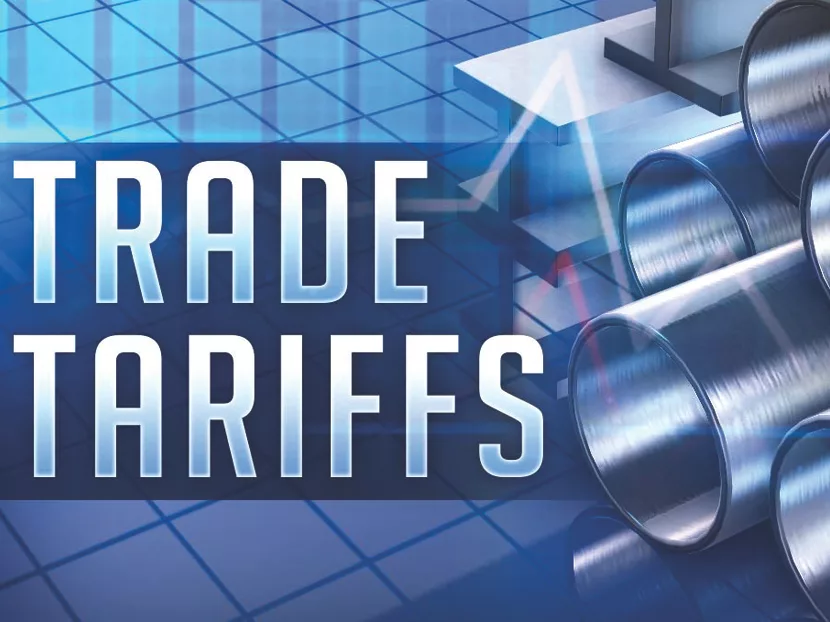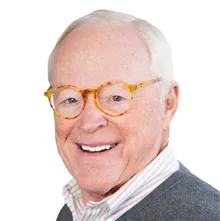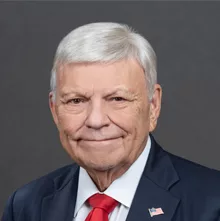Tom Brown: Recent economic reports indicate industrial manufacturing has been growing at a rapid rate but costs of raw materials are up as a result of tariffs and a super-tight labor market. Are our friends in the PVF sector facing these same market headwinds? If so, how are they reacting?
Steve Letko: The answer is yes to some; however, not everyone in the industry is affected in the same manner.
The new tariffs will have a more significant impact on manufacturers that rely moderately or heavily on imported pipe. Others that use domestic pipe and forgings have experienced modest increases reflecting the increase in demand for domestic products.
There is a great deal of uncertainty amongst manufacturers as to how plan going forward. Continued negotiations are being held to come to fairer trade agreements with the European Union, the United Kingdom and China. Unfortunately, the uncertainty may be with us for the remainder of the year as negotiations move forward.
In addition, the shortages in the labor pool are having a negative impact on manufacturers in various sectors of the country. The Northwest has been hit hard by the lack of qualified applicants to fill openings needed to expand and maintain production.
The same phenomenon is happening in the Northeast sector as the need for additional personnel is constricting growth and hampering production to meet the rise in demand. Those in the Midwest also are feeling the effect, although not as severe as in the other regions.
TMB: With the rebound in oil prices, an increase in domestic drilling is taking place. How are tariffs on imported pipe affecting the PVF market?
SL: Several pipelines companies have filed for exemption from the tariffs — prominent firms such as Kinder Morgan, Plains All American Pipeline and Hess.
As of July 16, the administration rejected Plains All American Pipeline’s bid for an exemption for its Cactus II oil pipeline. The pipe was to be produced by the Corinth Pipe Works in Greece.
As of this writing, the petition for exemption by Kinder Morgan for the Gulf Coast Express pipeline remains under consideration. It had been ordered from Borusan Mannesmann for production in Turkey. The Hess Stampede offshore pipeline is to be supplied by Japanese mills.
There are more than 200,000 applications for exemption from pipeline companies. The processing of the claims is slow and cumbersome. The overall effect on the pipeline industry is yet to be determined as, again, continued negotiations are scheduled.
TMB: A report from The Wall Street Journal cites Charlotte, N.C., and Houston as two cities facing skilled worker shortages as the result of steel mill expansion of production of pipe and tubing used in oil and natural gas wells.
SL: These two cities are not alone in experiencing the critical need for skilled labor. The shortage is not solely related to the steel mill expansion. Our pool of skilled labor in all disciplines — welders, riggers, crane operators, pipefitters, plumbers, truck drivers and heavy equipment operators — are greying at a rapid rate.
We, as a nation, will reach a critical stage in skilled labor shortage by 2020; in five years, we’ll reach critical mass under current conditions. This scenario is inevitable if we do not take the initiative to implement corrective action now.
An expanding economy and the need for energy to service this expansion is driving the demand. Steel mill expansion is just one of the sectors placing increasing strains on our labor pool. Pipeline construction, increasing fracking activity, refinery turnarounds, developing LNG terminals, the transition from coal to gas-fired power plants, infrastructure improvement along with commercial and private building are all seeking skilled labor.
Industry organizations such as The PVF Roundtable and the Mechanical Contractors Association of America are taking proactive action by allocating funding for trade schools and lobbying for the return of vocational training at the high-school level.
TMB: In the industrial arena, The PVF Roundtable continues to forge ahead with membership growing at an unprecedented pace. For the August meeting, I understand you have arranged to have a gentleman from MCAA address the attendees.
SL: Greg Fuller, president of North Mechanical Contracting Inc., and Past President of MCAA has agreed to attend the next meeting of The PVF Roundtable. He will address the board regarding the importance of recruiting students to enter the trades as an alternative to pursuing a college degree.
Fuller recognizes that not every person is suitable for college. Some students do not have the interest, the economic resources or the scholastic standing to pursue a college degree. He came up through the trades as a journeyman plumber, receiving his status in 1985. He joined North Mechanical in 1991 as a project manager, transitioned into the company’s leadership team as vice president and purchased the company in 1997.
The industry is facing a crisis in the skilled labor pool that we must address now. As a past-president of MCAA, Fuller has worked with its members and union affiliates to address these issues and will bring these experiences to share with The PVF Roundtable board before the networking event. He also will attend the networking event and will answer any questions or share advice.
The Aug. 14th meeting will be held at The Bell Tower on 34th in Houston. Visit www.pvf.org for more information.
TMB: In the July issue of The Wholesaler, a high-impact advertisement announced Weldbend’s sponsorship of the October PVF Roundtable dinner meeting and event. Weldbend is really stepping up to sponsor an exciting event.
SL: James Coulas Jr., president of The Weldbend Corp., recognizes the impact the group makes on the PVF industry and supports its growth. He is A Strategic Advocate of the PVF Roundtable and is sponsoring the Oct. 16 meeting. He has arranged for Mike Rowe, of “Dirty Jobs” fame, to be the guest speaker at the event, to be held at the Norris Conference Center in Houston.
Rowe is an avid supporter of the skilled trades and promotes the return to vocational education in addition to, or as an alternative to, college preparation courses at the high-school level. Early registration is encouraged; visit www.pvf.org.







